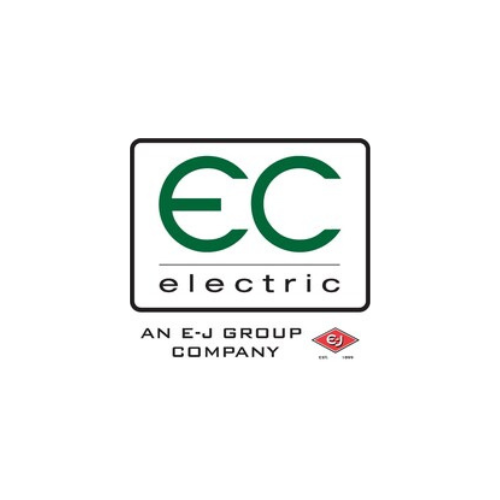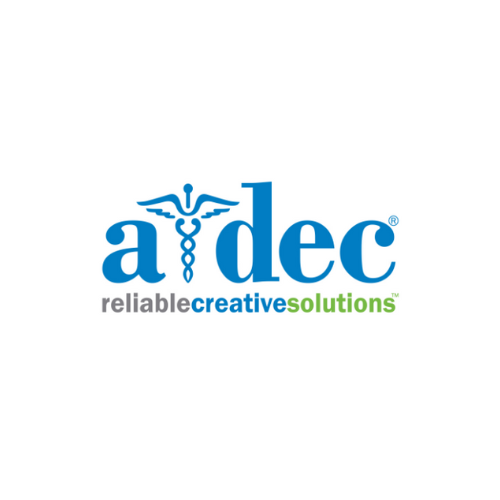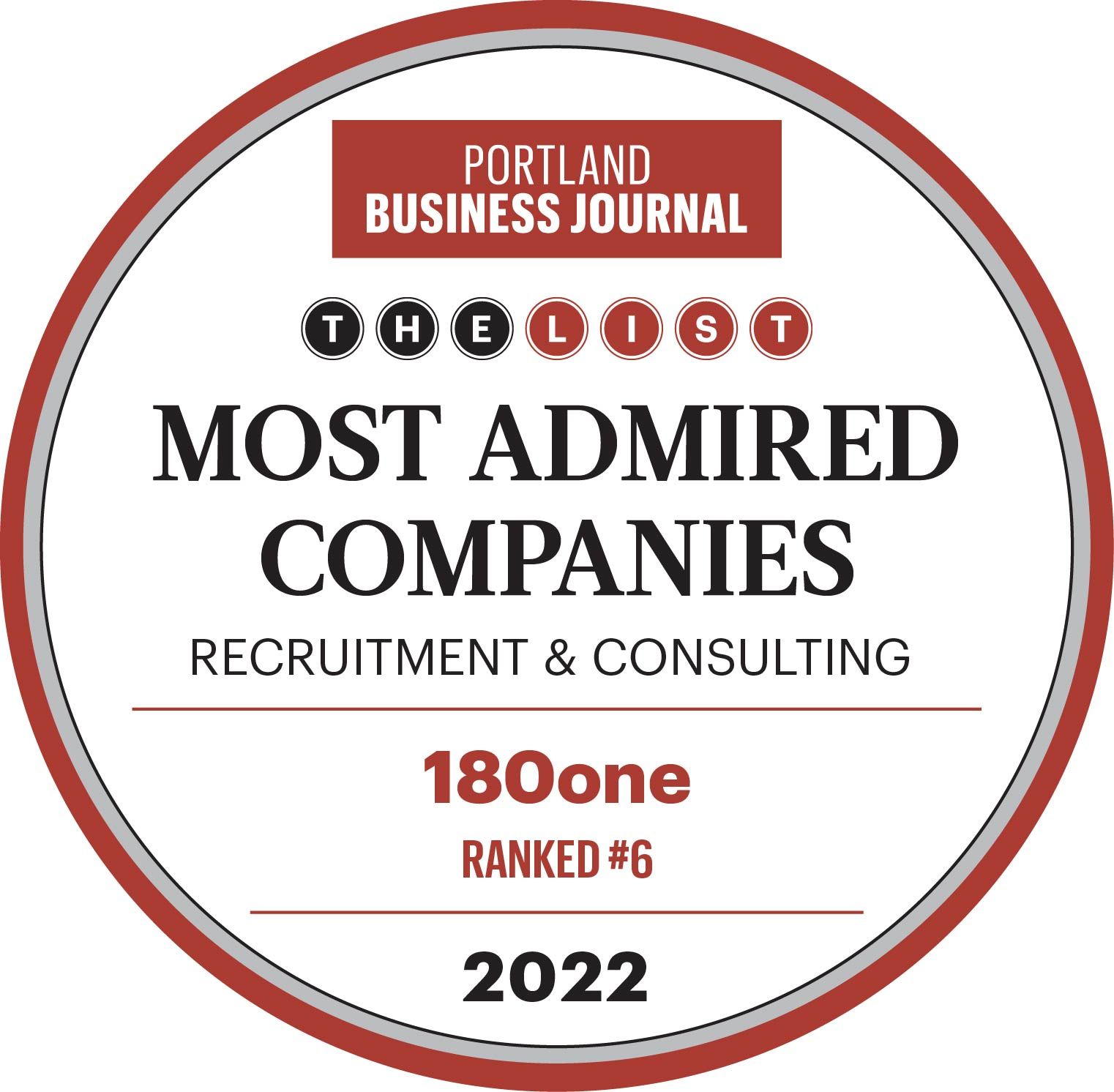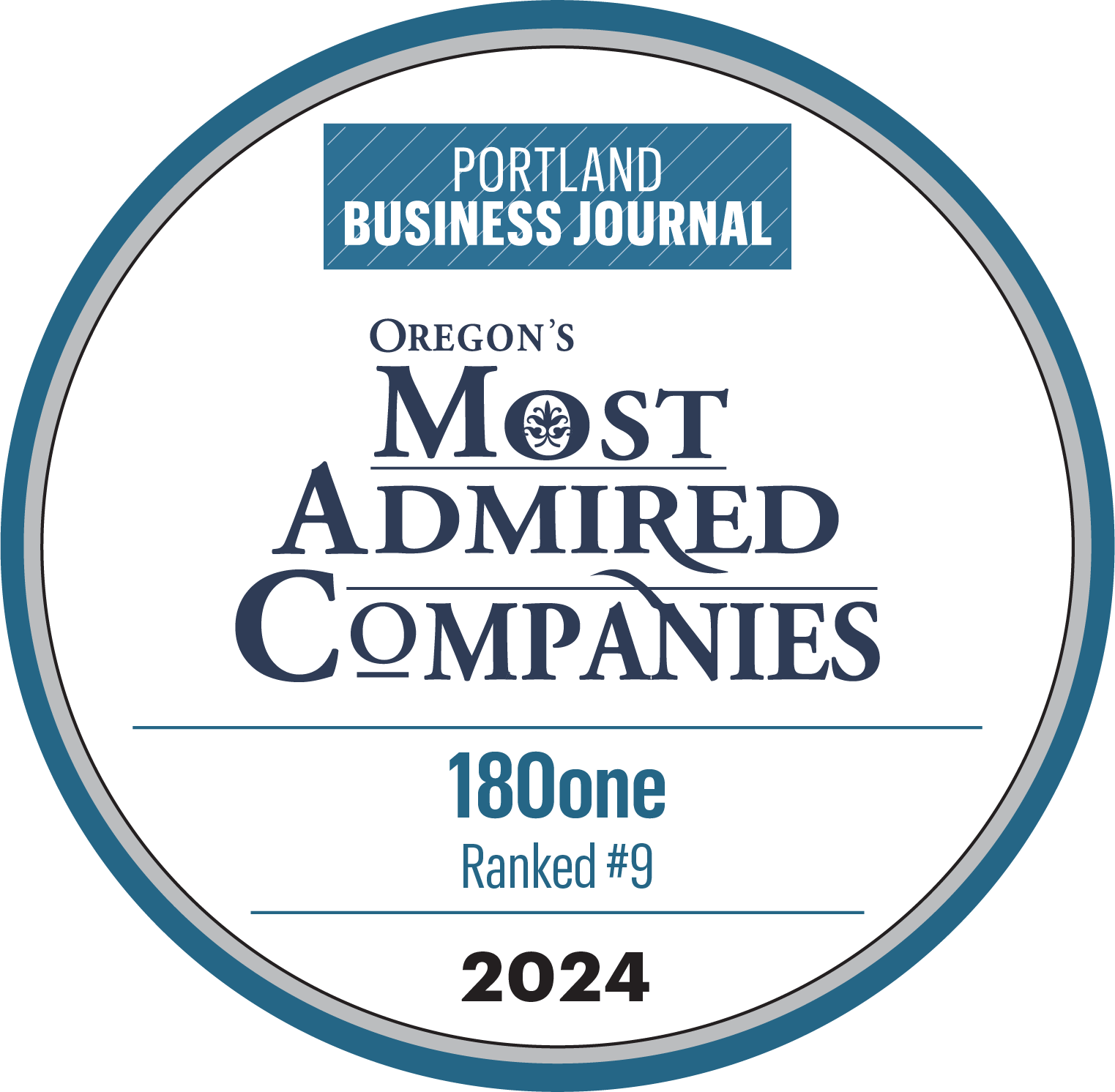What Companies Can Learn from the NFL Draft About Hiring the Right Talent
In the 2025 NFL Draft, Shedeur Sanders, once projected as a top five pick, experienced a surprising fall to the fifth round before being selected by the Cleveland Browns. This unexpected drop raised questions about his draft stock and the factors influencing team decisions. Despite his impressive college career, including setting school records and other accolades, Sanders' draft experience underscores a crucial lesson for companies: hiring decisions are multifaceted and not solely based on past performance or potential. Just as NFL teams must consider various factors beyond a player's statistics, businesses should adopt a comprehensive approach to hiring, evaluating candidates holistically to ensure the best fit for their organization's needs.
While the NFL Draft might just look like a televised event where young athletes get picked by professional teams, beneath the fanfare is a highly strategic, data-driven process that offers invaluable insights into one of the most important business practices: hiring.
If you're in the corporate world and responsible for recruiting talent—whether you're a founder, HR executive, or team leader, there's a lot you can learn from how NFL teams approach drafting. Let’s explore how this intense, high-stakes selection process mirrors and can elevate traditional corporate hiring.
- Understand What You’re Hiring For
The first step in great hiring is clarity. In one NFL team, draft results consistently lagged for one side of the ball. A simple survey revealed why: there was zero consensus among scouts and coaches about what success looked like at a key position. Without a shared vision, decisions were scattershot.
In business, the same thing happens. Teams rush to hire without aligning on goals. Do you need a disruptive innovator or a steady team player? A generalist or a deep specialist? Skipping this conversation sets you up to fail.
Tip: Clearly define roles with specific traits, values, and performance goals before interviewing even begins.
- Structure Beats Technology
Despite all the tech, there’s no magical algorithm that guarantees a good draft pick. What separates the top NFL teams is process, consistent, disciplined evaluation systems. The same principle holds true in business.
Unstructured hiring decisions are noisy and prone to bias. Managers get influenced by irrelevant factors: a great handshake, a shared alma mater, or how the last interview went. Consistency comes from structured scorecards, checklists, and predefined evaluation criteria.
Tip: Use structured interviews and weighted scorecards to keep evaluations focused and replicable.
- Keep Evaluators Independent
One underrated tactic NFL teams use: separating scout opinions. Some teams purposely blind scouts to each other's evaluations to preserve independent judgment. That’s critical, because once someone hears a strong opinion, they’re prone to “anchor” on it, consciously or not.
In corporate hiring, it’s the same story. If the first interviewer gushes about a candidate, others may unconsciously lower their guard. True diversity of opinion only exists if assessments are made independently.
Tip: Have team members submit their evaluations separately before group discussions.
- Interviewing is Like the Combine – But Not Everything
The NFL Combine is a week-long showcase where draft prospects go through physical and mental tests. But teams don’t draft solely based on who runs the fastest 40-yard dash. They look at long-term potential, game tape, and coachability.
In companies, interviews are important, but they’re just one part of a broader evaluation. Candidates may be nervous, overly rehearsed, or misrepresent their skills. Supplement interviews with trial projects, references, and past performance reviews.
Tip: Give candidates real-world problems to solve that mimic the work they’ll be doing.
- Fit Over Flash
Some of the NFL’s biggest draft busts were players with jaw-dropping athleticism who simply didn’t fit into the team’s system. Conversely, many late-round picks became legends because they were a great fit for a team's specific needs and culture.
In business, skills can be taught, but cultural fit, adaptability, and motivation are harder to instill. Ask: Will this person thrive in our environment? Will they complement our team dynamics?
Tip: Ask culture-focused questions and involve future teammates in the interview to assess chemistry.
- Break Candidates into Components
NFL teams don’t evaluate a player as just “good” or “bad.” They break skills down: footwork, decision-making, toughness, coachability. Then they score each attribute separately.
In hiring, we often rely on vague impressions. But global ratings are prone to bias and inconsistency across interviewers. Instead, decompose the job into core competencies—communication, technical ability, leadership, and score each explicitly.
Tip: Break job performance into 4–6 distinct traits and rate each on a consistent scale.
- Rebuild the Full Picture- Mechanically
After breaking down a candidate’s attributes, NFL teams reassemble their evaluations into an overall rating. Some simply average scores across scouts. It might sound simplistic—but it’s surprisingly effective.
In companies, intuitive judgment often dominates. The loudest voice or most senior person can sway the group. Instead, use aggregated, weighted scores as a starting point. It creates a more objective, repeatable process.
Tip: Let the data guide your shortlist, then use discussion to refine (not override) decisions.
- Data-Informed Decisions Are Key
NFL franchises now use advanced analytics to measure player performance in ways the eye test alone can’t. From GPS tracking of player speed to AI-assisted video analysis, decision-makers are armed with data.
Lesson for companies: Go beyond gut feelings and use structured hiring practices. Utilize assessment tools, skill tests, and personality inventories.
Tip: Implement scorecards during interviews and pre-hire assessments for objectivity.
- High Draft Pick ≠ Guaranteed Success
Tom Brady was a sixth-round pick. Kurt Warner went undrafted. Meanwhile, many five-star athletes flamed out. The lesson? Success isn’t always visible on a resume.
In hiring, don’t over-rely on pedigree. Grit, curiosity, and coachability are better predictors of future success than past prestige.
Tip: Ask candidates about setbacks, learning moments, and how they seek feedback.
Final Whistle
There is no silver bullet for hiring- no AI tool, test, or gut instinct that will always get it right. But there is a better way: a repeatable, structured, thoughtful process.
The NFL Draft, for all its hype, works because the best teams stick to principles: define goals, evaluate consistently, prioritize fit, and learn over time. These same principles can help any organization—from startups to Fortune 500s—build stronger teams and better futures.
So next April, when the draft rolls around, don’t just watch for your favorite team’s pick. Take notes. Because if you want to win the talent game, the playbook is already out there.






